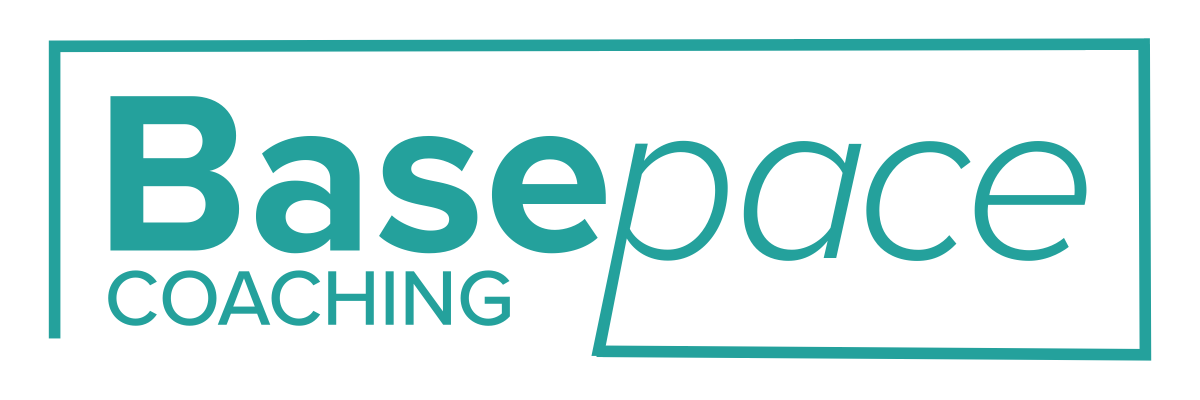Advocating for Yourself in the Workplace: Why it's Important and How to Do It
Have you ever found yourself watching from the sidelines as your colleagues get recognition for their work or, even worse, take credit for your hard work? Do you struggle with finding the confidence to advocate for yourself in the workplace? You're not alone.
The reality is that you must advocate for yourself. Someone else is not going to do it for you. In this article, we’ll outline how you can do so authentically with your direct superior and other senior members of your organization. We will also discuss what you can do when someone takes credit for your work.
If you're stuck and unsure how to effectively advocate for yourself, working with a coach could be just what you need. We can help you identify your strengths, clarify your goals, and develop a personalized strategy for advocating for yourself in any situation.
The challenge of advocating for yourself
You may hold back from advocating for yourself in the workplace for various reasons. The most common reason we see is a lack of confidence and reluctance to draw attention to yourself.
Cultural and societal norms can also play a role, as some people may have been socialized to prioritize the needs of others over their own.
Whatever the reason, failing to advocate for oneself can limit your career growth and development. It also does a disservice to those around you.
Let’s face it: you have some truly amazing ways to contribute to the team. But if no one knows about them, how can they leverage your talents? Being humble is a good quality, but too much humility can hurt your team and make it harder for all of you to reach your goals.
So let’s discuss how you can overcome these barriers.
Be authentic
There’s no sense in advocating for yourself in a way that does not align with you and your core values. If the thought of doing it one way makes you cringe, it's not the right approach for you.
And here’s the important part: that’s okay! There is more than one way to advocate for yourself.
You might be picturing those obnoxious blowhards that we have all come across in our careers. That is not your only option.
Self-advocacy doesn’t mean you must be the loudest person in the room. It doesn’t need to feel pushy or self-centered. We have helped our clients find ways to showcase their accomplishments and contributions authentically.
It’s a balance. On the one hand, it is a skill that you will need to develop, and it will likely be uncomfortable at first. However, it should never make you compromise who you are.
The goal is to find something that will make you feel comfortably uncomfortable.
During conversations with your manager
When you have touchpoints with your manager or supervisor, discuss what you've been working on and the people you've been involved with. However, instead of just running through your to-do list, frame it as a conversation and ask for your manager's input.
For example, you might ask, "These are the things I'm working on, and I was wondering if you have any thoughts or insight?" It's important to take a collaborative approach, seek feedback, and be open to suggestions.
During conversations with other leaders
Another way to advocate for yourself is by creating informal touchpoints with senior leadership or your manager's peers. This involves sharing what you're working on, asking for feedback, and being curious about what else you could do to contribute to the organization.
It's about letting senior leadership know why they should care about what you're doing and the broader picture of your work (which we talked about before here)
Advocating for yourself can be incredibly challenging in a large organization where it's easy to get lost. It's how you get exposure and how you get seen. It's about fostering relationships with your colleagues and supervisors and letting them know what you're working on, what you're good at, and what you're passionate about.
When someone takes credit for your hard work
But what about those situations where your peers take credit for your work?
It can be frustrating, and there is very little that you can do at that moment.
However, it’s much easier to avoid that scenario if you keep the lines of communication open with your manager and their peers. Fostering these relationships and letting people know what you're working on will help prevent others from taking credit for your work in the future.
Working with Base Pace Coaching
Advocating for yourself in the workplace is critical to your career growth and development, but it can be challenging to know where to start. Working with a coach can help you identify your strengths, clarify your goals, and develop a personalized strategy to overcome your barriers and authentically showcase your accomplishments and contributions. At Base Pace Coaching, we provide the tools, resources, and support you need to navigate the challenges of the workplace, communicate your value, and achieve the success you deserve. So, whether you're struggling with self-doubt, feeling overlooked or undervalued, or simply want to take your career to the next level, we're here to help you every step of the way. Contact us today to learn more about our coaching services and start advocating for yourself with confidence and authenticity.
